

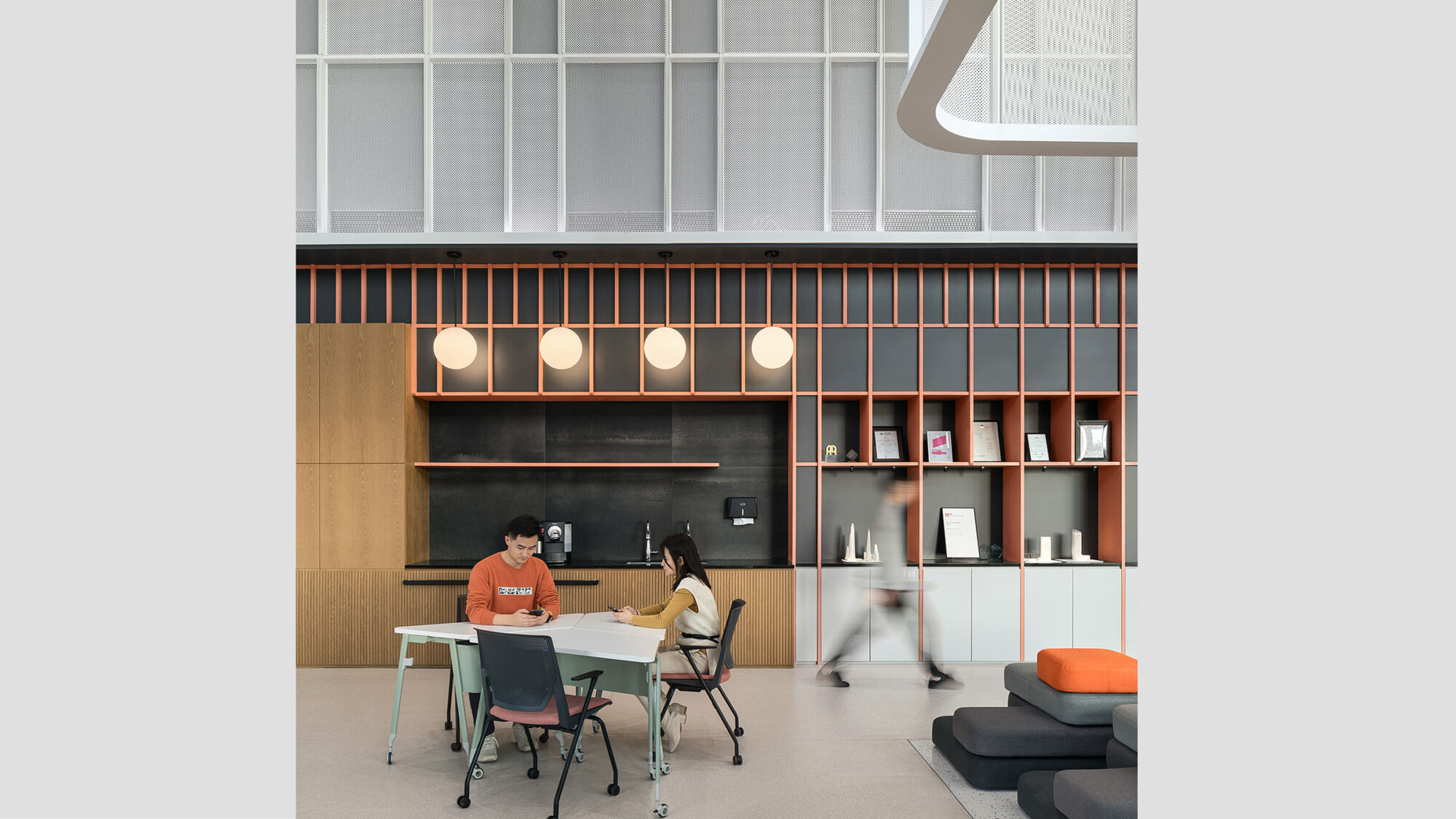


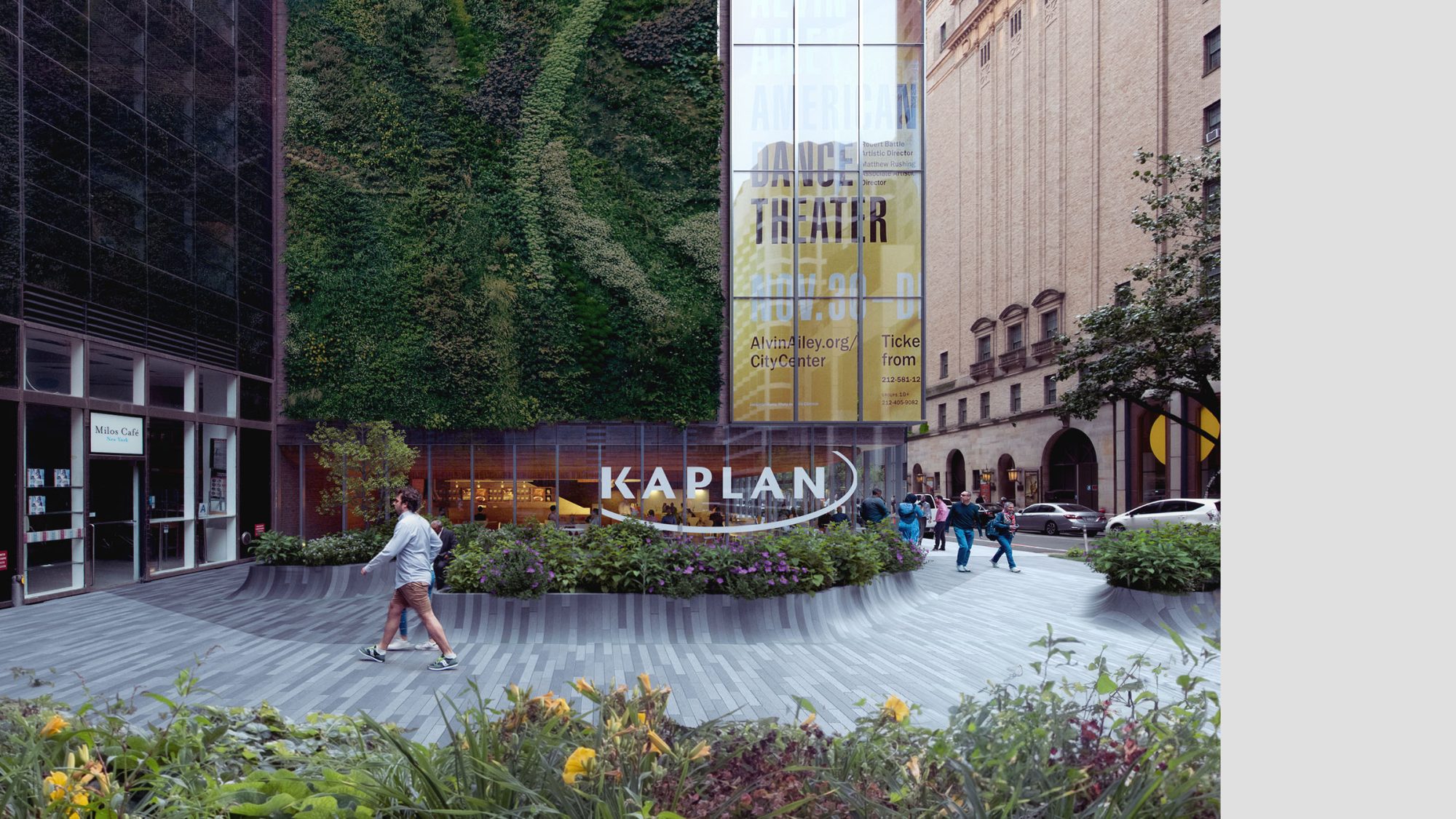
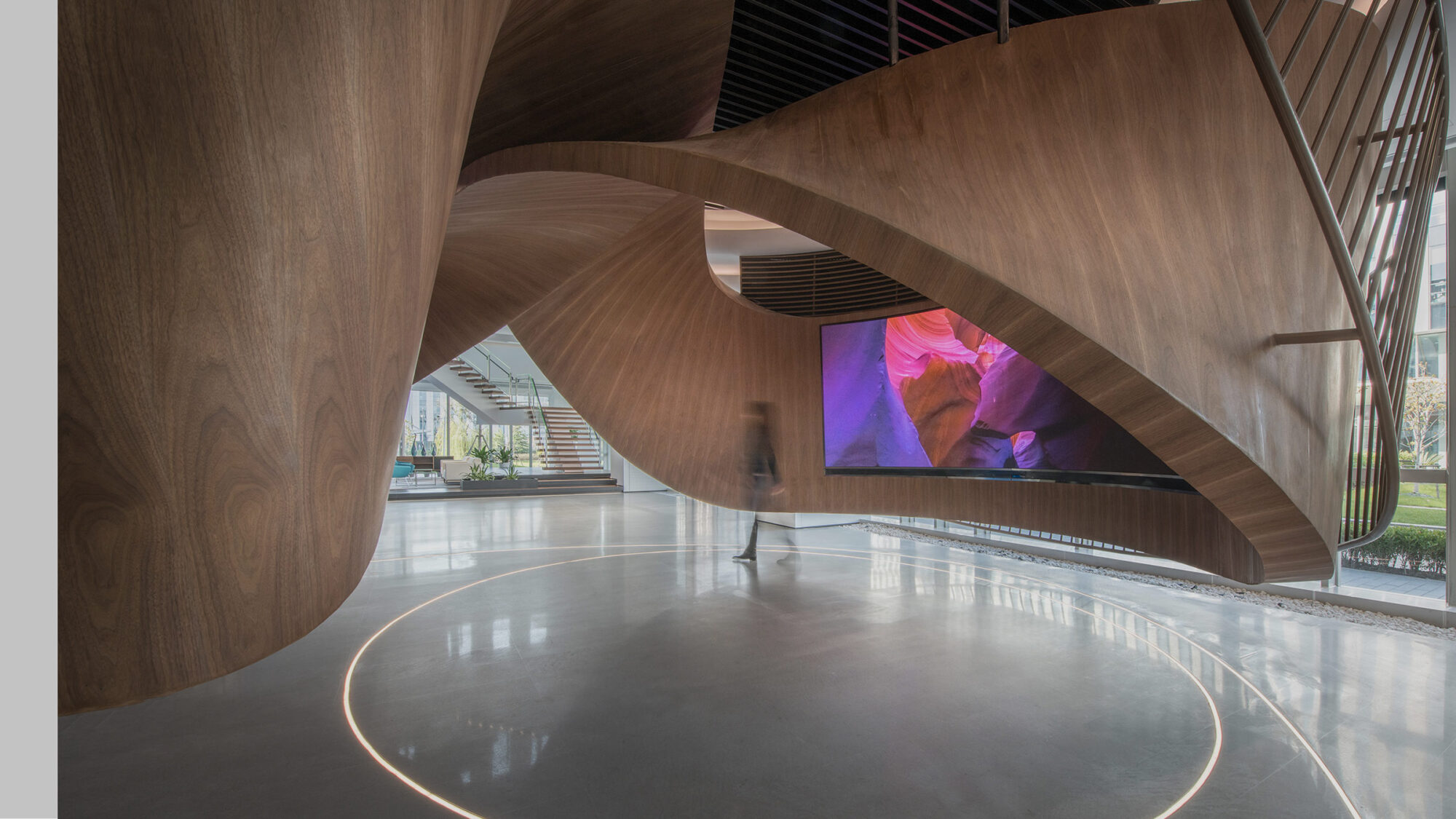



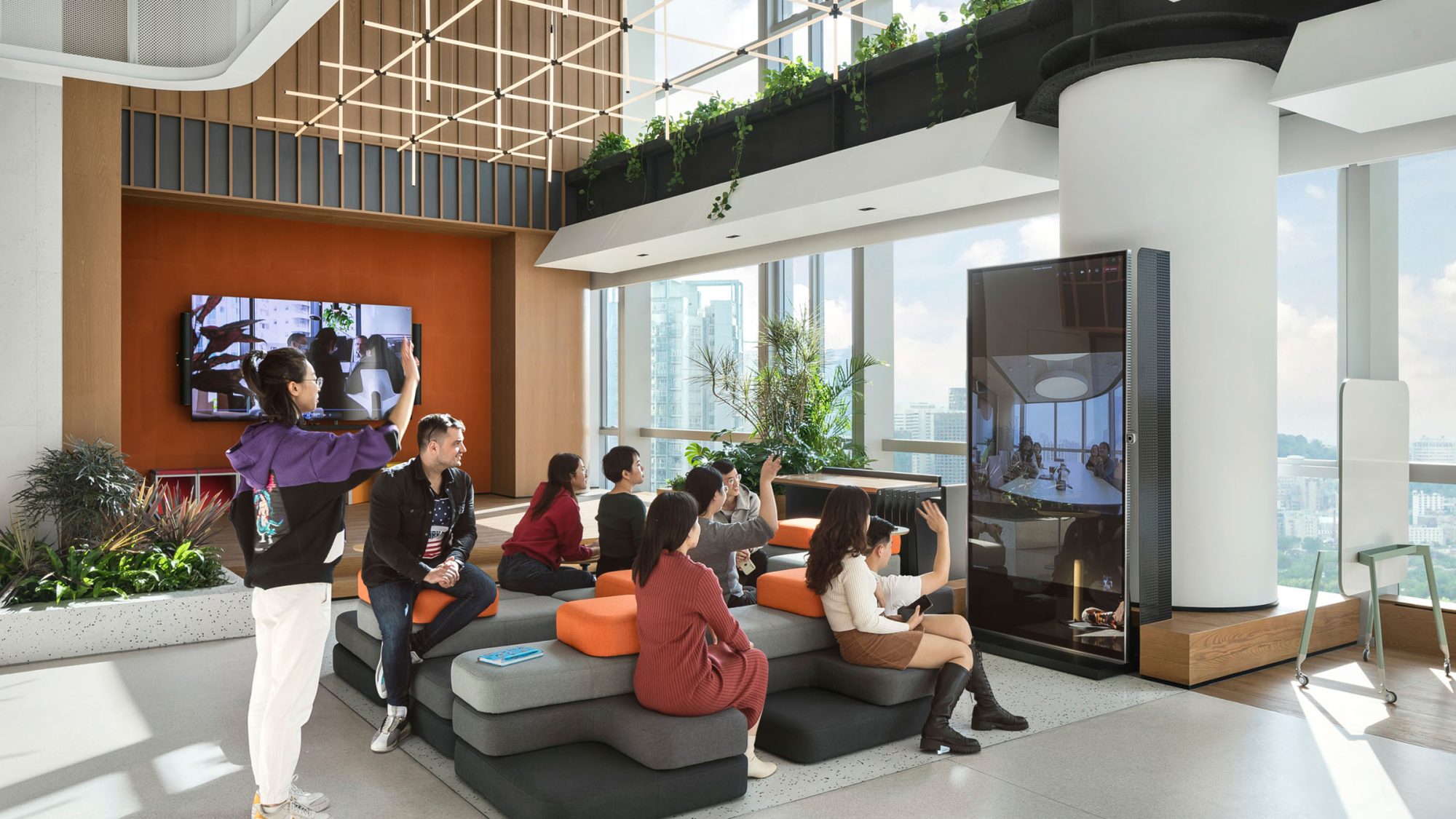 M Moser, Shenzhen - WELL v2 pilot Gold accredited
M Moser, Shenzhen - WELL v2 pilot Gold accredited In recent years, the term ESG (Environmental, Social, Governance) has become increasingly common in business, but its meaning can be misunderstood. While sustainability refers to a company’s financial performance, ESG attributes reflect its socially responsible standing.
This guide, from M Moser’s Steve Gale, is for workplace professionals who want to better understand ESG and its impact on the design of smarter workplaces.
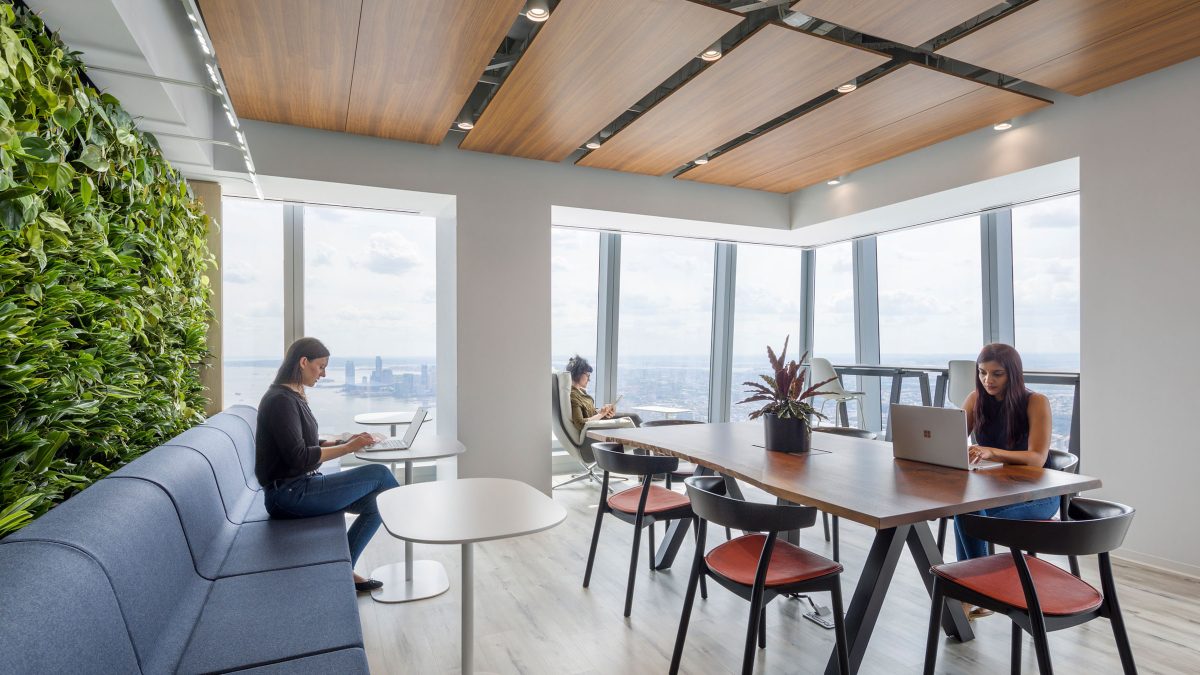 DNB, New York - WELL Platinum & LEED Gold accredited
DNB, New York - WELL Platinum & LEED Gold accredited The first ESG report was commissioned in 2004 by the United Nations in a report titled “Who Cares Wins,” which promoted ethical investment. The idea was to encourage ethical capitalism as a response to free-market economics. Many institutions and consumers reject the idea that a company’s sole purpose is to create shareholder value and, instead, look to other responsibilities for the good of society in the long run. ESG values include factors like diversity in management, employee health and wellbeing, and a commitment to sustainable business practices.
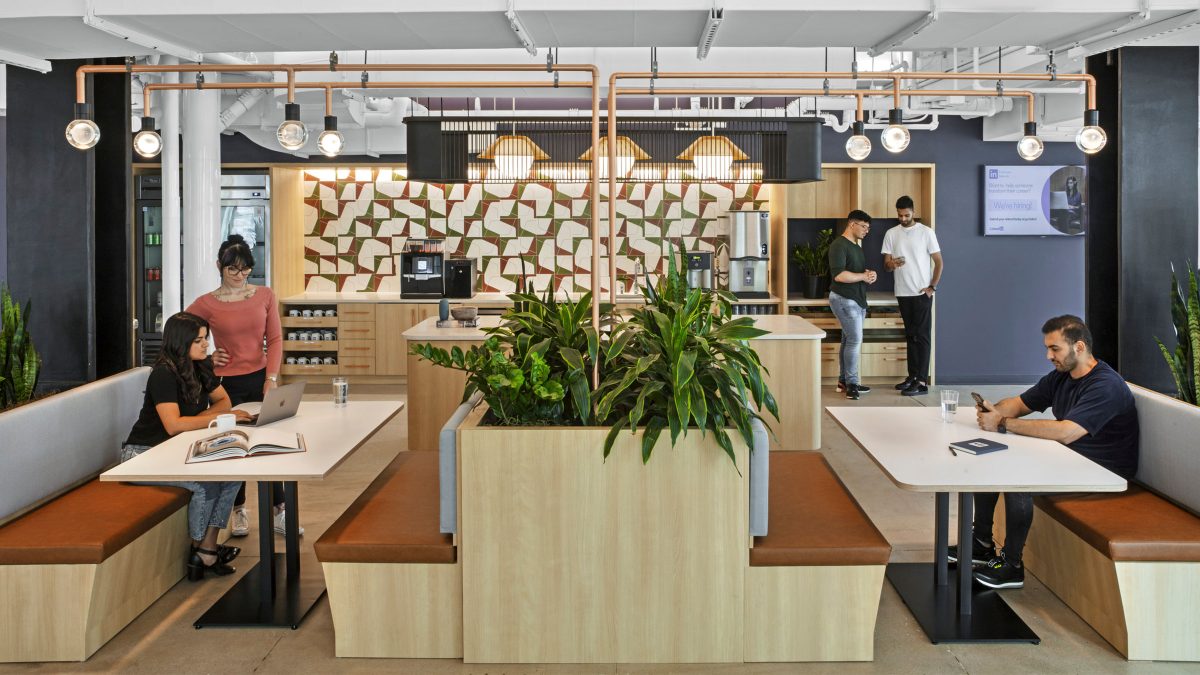 LinkedIn, New York - LEED Gold & 2 Star Fitwel accredited
LinkedIn, New York - LEED Gold & 2 Star Fitwel accredited A growing interest in sustainable behaviour means that many investors want to identify companies that subscribe to ESG objectives. ESG reporting is supposed to give detail and clarity to asset managers so they can do this. However, evaluating companies based on the various ESG reports is challenging. Standardisation would be helpful, and regulators are working on it. The EU has updated its regulations, defining what needs to be disclosed and audited for sustainability claims, and expanding the scope to more firms. These new regulations also require disclosing supply chain carbon, which will involve more analysis and data collection.
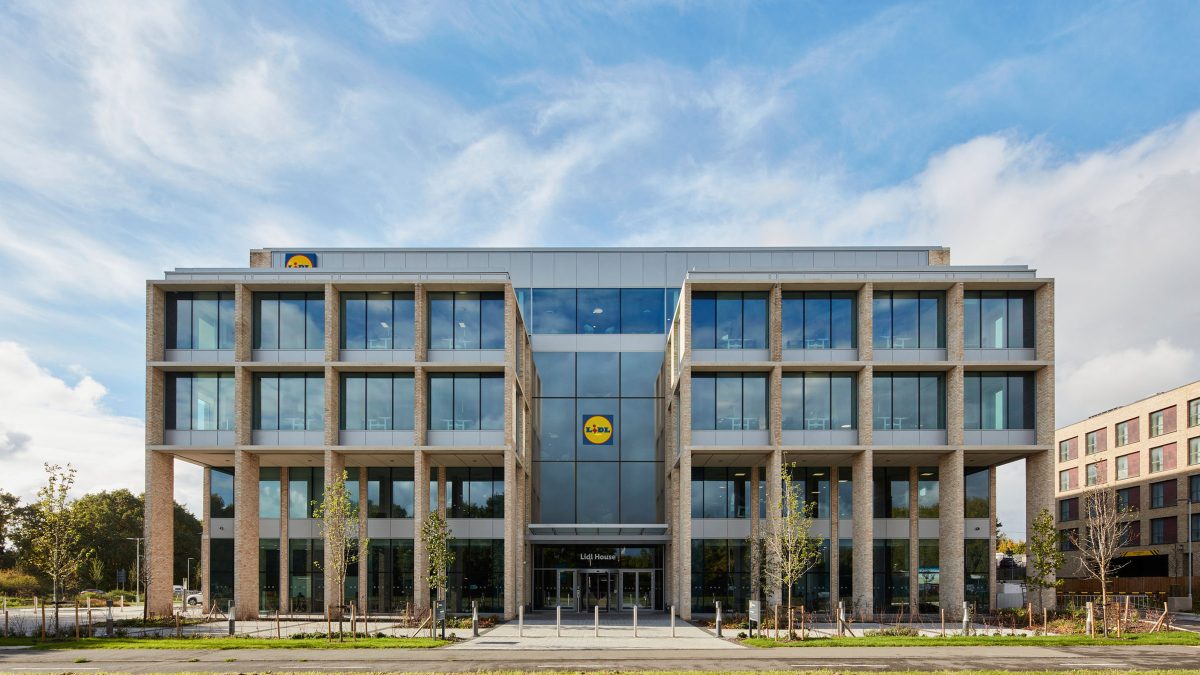 Lidl House, London - BREEAM Outstanding certified
Lidl House, London - BREEAM Outstanding certified ESG ambitions have a significant influence on how workplaces are designed. In turn, the performance of a workplace contributes to a company’s ESG profile. The impact of a workplace ranges from energy consumption and embodied carbon in materials and furniture, to the availability of community spaces, the impact on neighbours, wildlife and more. Our design solutions integrate ESG principles and value-adding strategies to make workplaces more sustainable.
Many elements of environmental performance can be measured with devices embedded in the workplace. At M Moser, we test these systems in our locations worldwide. This helps our clients achieve cost savings, improve their ESG ratings, and simplify reporting. To benefit stakeholders and the environment, and to keep up with evolving ESG regulations, workplaces must become smarter.
Contact us to connect your workplace design strategy with your ESG initiatives.
Head of Technology Strategy